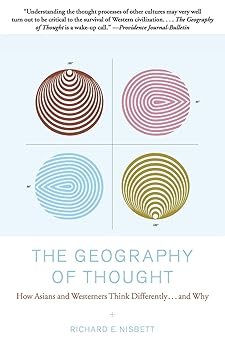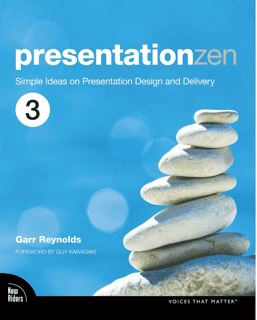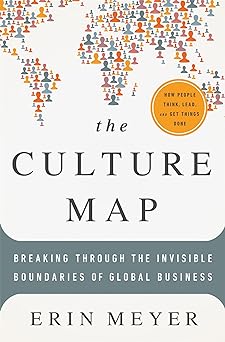
🔖 Summary:
In "The Geography of Thought", Richard E. Nisbett explains how cultural backgrounds shape the way people think. He contrasts how Westerners (mostly from Europe and North America) and Easterners (especially from East Asia) perceive and process the world differently. Nisbett argues that these differences come from deep-rooted cultural and historical influences, such as ancient Greek philosophy promoting individualism in the West and Confucianism fostering a collective mindset in the East.
Westerners tend to focus on objects and individuals, thinking in terms of categories and rules. In contrast, Easterners often see the world more holistically, emphasizing relationships, context, and the bigger picture. Nisbett illustrates how these cognitive differences influence not only everyday thinking but also problem-solving, logic, and even scientific approaches.
The key takeaway is that by understanding these different ways of thinking, people can work better together across cultures. Recognizing these patterns can help improve communication, avoid misunderstandings, and foster collaboration between people from different cultural backgrounds.
💡 Why worth reading?
Will help you appeal to diverse audiences by learning how to tailor your message to fit both individualistic and collectivist thinking styles.
Will help you frame your ideas effectively by learning to present both details (Western style) and context (Eastern style).
Will help you increase understanding by learning how to balance logical arguments with holistic perspectives.
Will help you avoid communication breakdowns by learning how different cultures approach problem-solving and reasoning.
Will help you engage with global audiences by learning to present information in ways that resonate with both Eastern and Western thought patterns.
🔖 What people say about "The Geography of Thought: How Asians and Westerners Think Differently...and Why"?
"As someone who has been living and working in Asia for the past 8 years I have to say that this book should be required reading for anyone from the "West" trying to do business or work or form relationships here. This is not a manual for "how to get along" or anything remotely like that. Also it is far from a perfect book/study as other reviewers have pointed out in their criticisms.
But are very often many practical matters in work and life in Asia where Eastern thinking and Western thinking butt heads significantly. Certainly for Westerners working in science in Asia there are some definite philosophical and cultural differences which need proper understanding and addressing in order to do meaningful work here - this book discusses these differences and how they relate to science/business as well as general psychology.
Well recommended for any "Westerner" trying to do science or business with people in Asia and highly recommended for any Westerner living in Asia."

Sean, Goodreads
A newsletter that will teach you how to make persuasive presentations & sell your ideas. Tips & news from the presentation experts.


Videos related to "The Geography of Thought: How Asians and Westerners Think Differently...and Why"
From the author or about the book's topic
How Asians and Westerners think differently
You also might be interested

Presentation Zen by Garr Reynolds

Great Leads: The Six Easiest Ways to Start Any Sales Message by Michael Masterson

Presentation Secrets of Steve Jobs by Carmine Gallo

The Culture Map by Erin Meyer
Explore Power Slides
Each Power Slide is covering a powerful concept and comes with an explanation, use cases, suggestions, a user manual, and a ready-to-use Google Slide template with editable content.
Eisenhower Matrix
Free
Eisenhower Matrix will help you visualize how your ideas compete with others (yours, other teams, or company) in a matrix of urgent/important.
5 Whys Framework
Free
The 5 Whys Framework is great for use in your presentations to expand context and help you visually communicate the core issue that needs attention.

